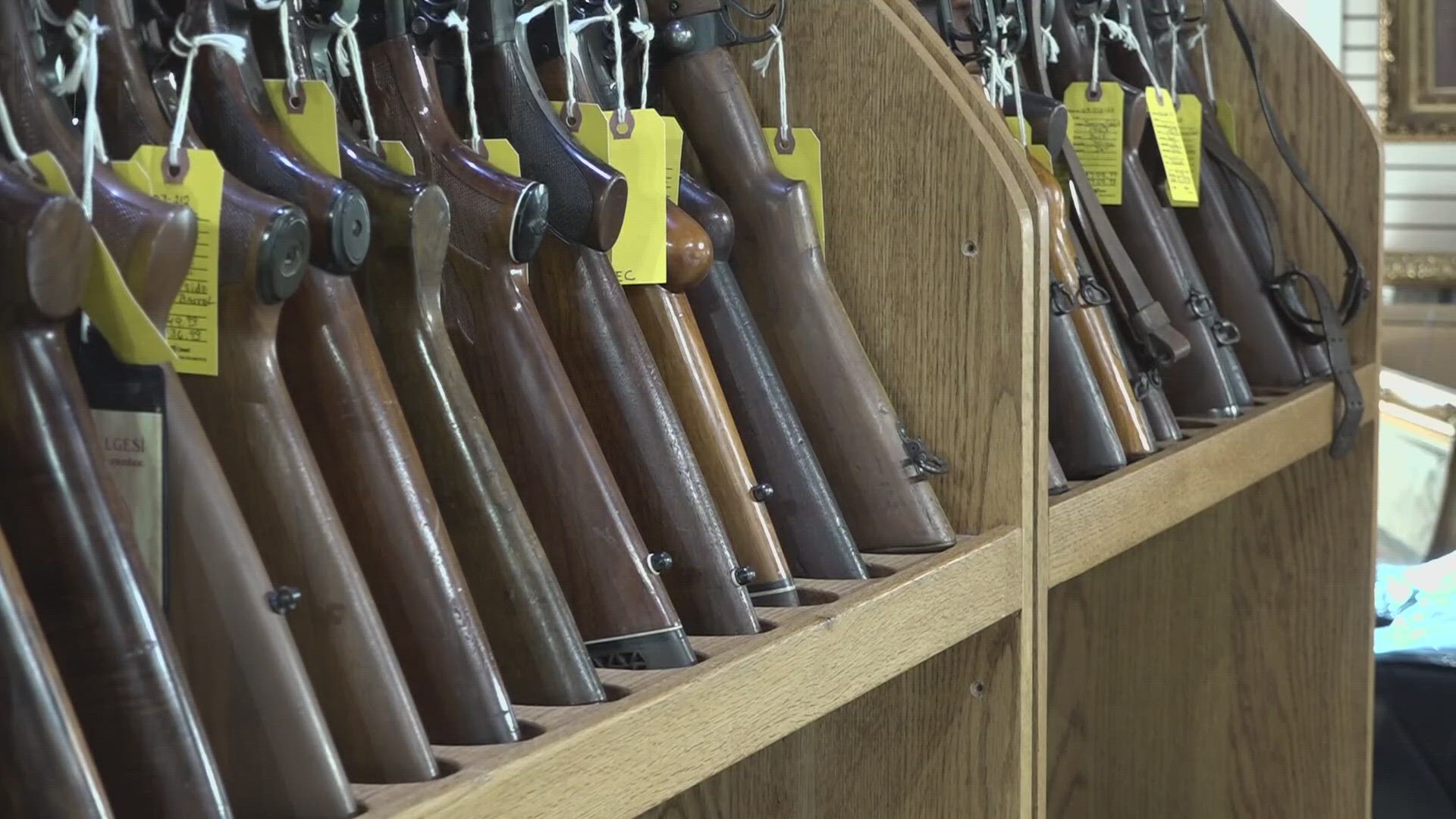AUGUSTA, Maine — Rep. Margaret Craven (D-Lewiston) likely will never forget where she was the evening of Oct. 25. It was a night that changed the community she loves and represents permanently.
“[I was] just horrified, just horrified that this could happen," Craven said.
Craven said she was at home when she received calls from her sons, telling her to turn on the television. That's when she discovered a mass shooting incident had happened in her home city, killing 18 people and injuring 13 others, some critically.
"I’m so sad," Craven said. "I’m so sad for Lewiston and surrounding areas because it wasn’t just Lewiston that lost life."
Craven has been a long-time advocate for stricter gun control measures in Maine. This past legislative session, she sponsored LD 60, which would have established a 72-hour waiting period after the sale of a firearm. It did not pass. A bill from another sponsor to create universal background checks also did not pass.
“It’s very disappointing, and it makes me really, really angry that people love their guns more than they love their children and our people," Craven said.
Craven said after last week, she wants to push to see a "red flag" law put into effect in Maine. It would work slightly differently than the state's current "yellow flag" law, which requires more steps in taking away someone's gun, if they're deemed a threat.
Sen. Lisa Keim (R-Dixfield) was one of the leading sponsors of the state's "yellow flag" bill back in 2019. She disagrees with Craven.
"We looked at ‘red flag' already, and Maine rejected it for a lot of good reasons," Keim said.
Keim said the "yellow flag" law has been used 82 times since it went into effect in 2020. She said she's still waiting for more information from officials to determine why it didn't work in stopping the Lewiston mass shootings.
"I mean, it seems like there was obviously some communication failure – and yes, the process wasn’t utilized," Keim said.
Keim said in her opinion, the greater problem lies in a lack of access to proper mental health care. It's an issue she said needs funding and more workers.
"Maybe institutions, as well," Keim suggested. "We don’t have a place for people to go stay, get treatment, and be in safety for a long period of time."
Keim's Republican colleague, Sen. Matthew Harrington (R-Sanford), agrees that mental health is where lawmakers should be putting their attention.
"I think everyone in the legislature would agree that we need to be doing more, so I hope we can unite around that issue and make tough financial decisions," Harrington said. "There’s only so much money in our budget, in our surplus – but I think we can all unite around the idea that we need to spend more money and prioritize mental health spending going forward.”
Harrington has been a police officer for 15 years and said in his opinion, more gun control is not the answer.
"I don’t see the firearm issue as an issue in this state," Harrington said.
Assistant House Majority Leader Rep. Kristen Cloutier (D-Lewiston) said right now, she's trying to balance her emotions of mourning and grieving with a call to move quickly on policy. She said she sees both a lack of gun control and mental health care as issues but thinks addressing access to firearms first would be a quicker way to create some solutions.
"I don’t think anything is off the table there. I think it requires a lot of conversation and a lot of careful conversation," Cloutier said.
The Maine Legislature reconvenes on Jan. 3, 2024.

